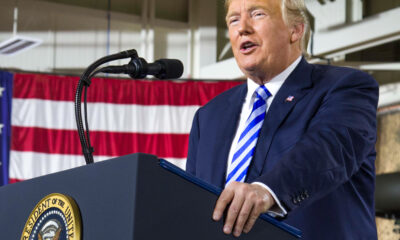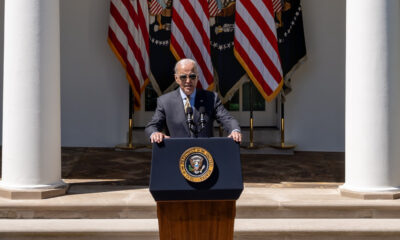Civilization
Forty-Nine Ways To Fix the World (Hint: Start Locally)
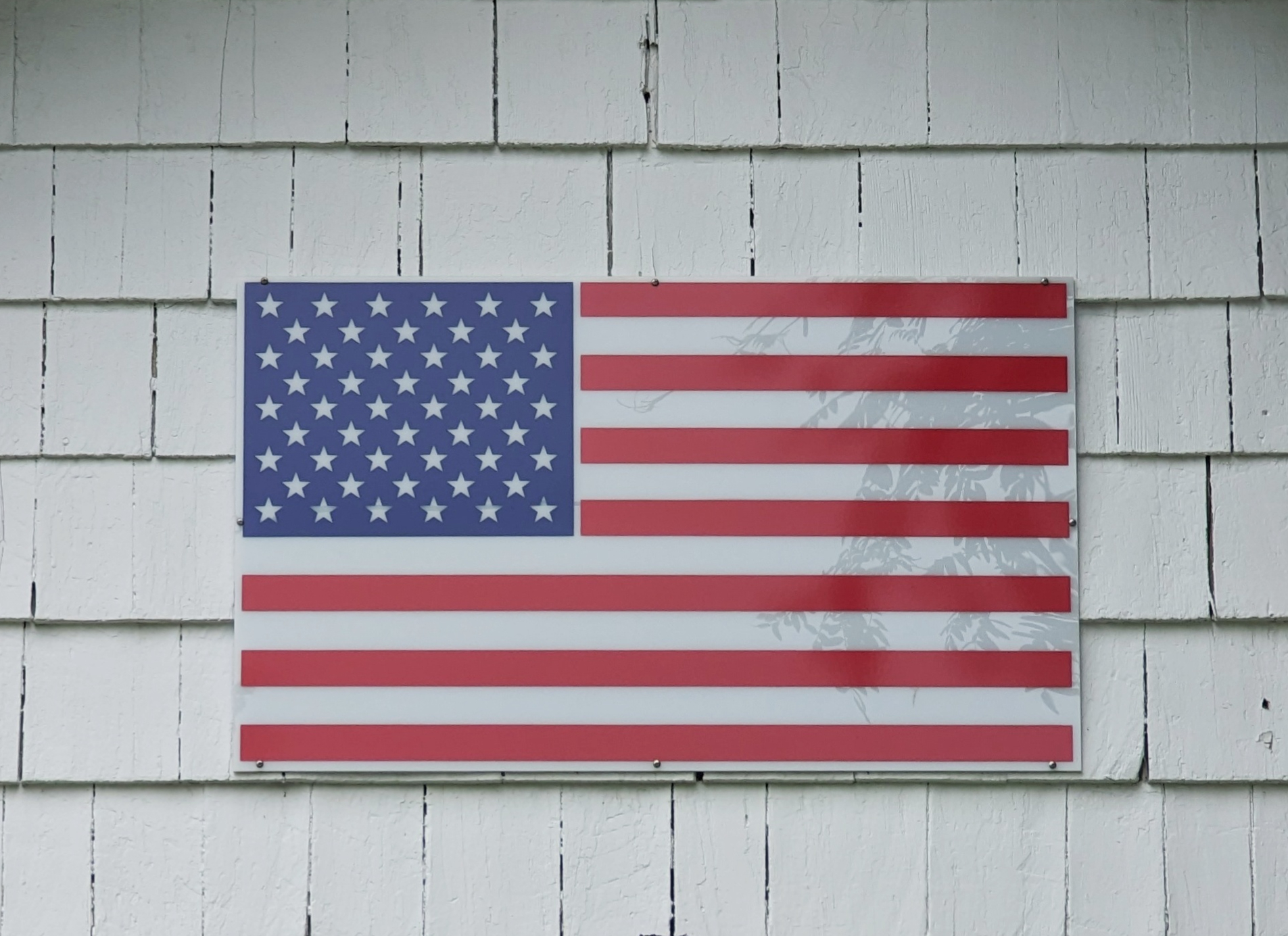
Strategic, operational, and tactical levels
Crisis at the border. You fear the other guy will win the November election. Are we really talking about nuclear war with Russia, again, and maybe with China, too? Worried about the economy, your job security, your rent or mortgage increase, rising utilities, expensive groceries and gasoline? Floods, hurricanes, wildfires, tornadoes. Not to mention terrorism. It’s. All. Just. Too. Much.
So, what are you going to do?
When military commanders plan for an overwhelming challenge, they break it down into three levels of action: Strategic – at the high end, global, the big goals. Operational – the major muscle movements that the organization does to make that strategy happen. Finally, tactical – what the small group and individuals do, hands-on, close by, and close in, to make the effort possible.
In reality, few of us can do much at the strategic and operational levels. But don’t just sit there, worried, or angry. Go tactical. Act local. Every one of us can touch our community, and that’s where to start.
Here are 49 ways to repair the world – starting in your community. These are for everybody. They are apolitical, and nonpartisan, not right vs left, red vs blue.
Why 49 and not a round 50? The list is incomplete, so you should add one of your own ideas – or several of them.
Forty-nine tactical, or local, actions
- Volunteer at your neighborhood school.
- Take a CPR class. (You never know.)
- Give your favorite book to a kid or two, and read it aloud to them.
- Give your favorite book to an adult.
- Invite a friend to your house of worship, and ask a friend to take you to theirs.
- Drive an elderly neighbor to a doctor’s appointment, or offer to pick up their prescriptions.
- Visit a retirement home.
- Call your local fire station and ask about how you can train to be a volunteer EMT or volunteer firefighter. Or ask if there are administrative jobs you can do to support the safety mission. If nothing else, take pizza or pastries to your local fire station from time to time.
- Take a military veteran to lunch.
- Volunteer at a Veterans Administration hospital.
- Stop by or call an ailing friend, or at least send a get-well card.
- Meet the community relations officer at your local police station to talk about improving neighborhood safety.
- Call the police department and see if they have recovered stolen bicycles that have not been reclaimed. Repair them, give them to a neighborhood kid, or donate them to a nonprofit.
- Read an article or essay that you know you will disagree with.
- If you see a child selling lemonade, stop and buy some. Drink it, and tell the kid it was delicious.
Second batch
- Clear out your closets and deliver the goods to a local charity.
- Volunteer with your local park authority.
- Drop off groceries at a food bank.
- Take a kid fishing or to a ballgame. Or a museum or a show.
- Help raise money for a charity or a cause you believe in.
- Volunteer at a local animal rescue shelter.
- Talk to a high school senior class about how you found your first job.
- Watch the kids of a single parent for an afternoon.
- Read a book at Story Hour at a local library.
- If a neighbor’s kid invites you to a Little League ball game, gymnastics competition, or school play, go. So many kids do not grow up in the same town as their grandparents or aunts or uncles.
- Consider applying to be a school bus driver, as there is a shortage to get kids to and from school, and sometimes sports teams have to miss games because they can’t get there.
- If you want to go further, offer to coach a youth sports team.
- In your garden, plant local, native flowers, so we don’t confuse the pollinators.
- Participate in a community service event.
- Write a (civil) letter to the editor. Any topic you care about will do.
- Attend a public meeting on a local issue that is important to you.
Third local batch
- Return your shopping cart to its rightful receptacle rather than leaving it in the middle of the parking lot.
- Buy flowers for your spouse, partner, special friend, or any friend.
- Remember that yellow means slow down and red means stop. Yellow does not mean speed up and red does not mean floor it.
- Pay attention to pedestrians in the crosswalk. They have the right of way.
- Keep in mind that your car horn should only be used when safety is at risk. It is not a tool of routine expression of outrage at everything and everybody. And just as you need to merge in heavy traffic, let that other person merge over, too.
- Teach a skill you’ve mastered to other folks.
- Perform random acts of kindness to postal workers, check-out counter attendants, and wait staff – anyone who provides routine services to you and others.
- Read to the blind.
- Volunteer at the local Head Start program.
- Deliver food with Meals on Wheels.
- Become a Big Brother or Big Sister, or assist the local foster care system.
- Do some yard work for an elderly or infirm neighbor.
- In general, say hello to your neighbors, and smile.
- Reuse and recycle.
- Take a break from cable news. Take a break from electronic media. Take a break from social media.
Last, but not least,…
- Help those returning to the workforce for any reason find employment.Mentor them on how to look for a job, how to dress, and how to speak in interviews.
- Remember that while hope is not a strategy, hopelessness is not useful.
- Don’t only be a consumer of society’s services. Contribute, even a few hours a month. You’re going to meet great people and have fun. And you will help repair the world.
This article was originally published by RealClearPolitics and made available via RealClearWire.
-

 Family3 days ago
Family3 days agoCHAPTER 24: The Politics of Pronouns – Space Is No Longer the Final Frontier—Reality Is (forthcoming release July 2024)
-
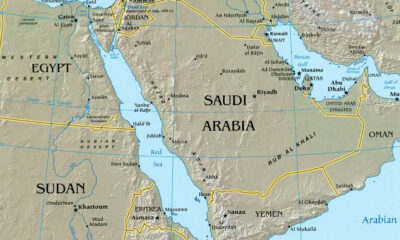
 Civilization4 days ago
Civilization4 days agoBiden’s Handwringing Over the Houthis is Going to Get U.S. Navy Sailors Killed
-

 Civilization4 days ago
Civilization4 days agoPreparing for global war
-

 Human Interest5 days ago
Human Interest5 days agoSupreme Court adds to schedule
-

 Civilization4 days ago
Civilization4 days agoTut’s Treasures Up Close
-

 Guest Columns4 days ago
Guest Columns4 days agoWaste of the Day: Louisville Politician Loses Lawsuit, Bills Taxpayers
-
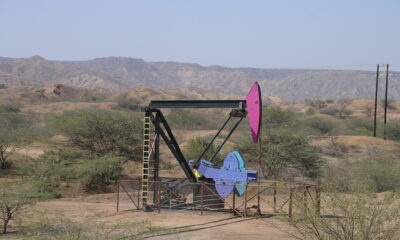
 Executive4 days ago
Executive4 days agoGeopolitics and Demand Growth Underpin Need for Commonsense Energy Policies
-

 Executive4 days ago
Executive4 days agoU.S. Concessions to Cuba Weaken Our Own National Security





